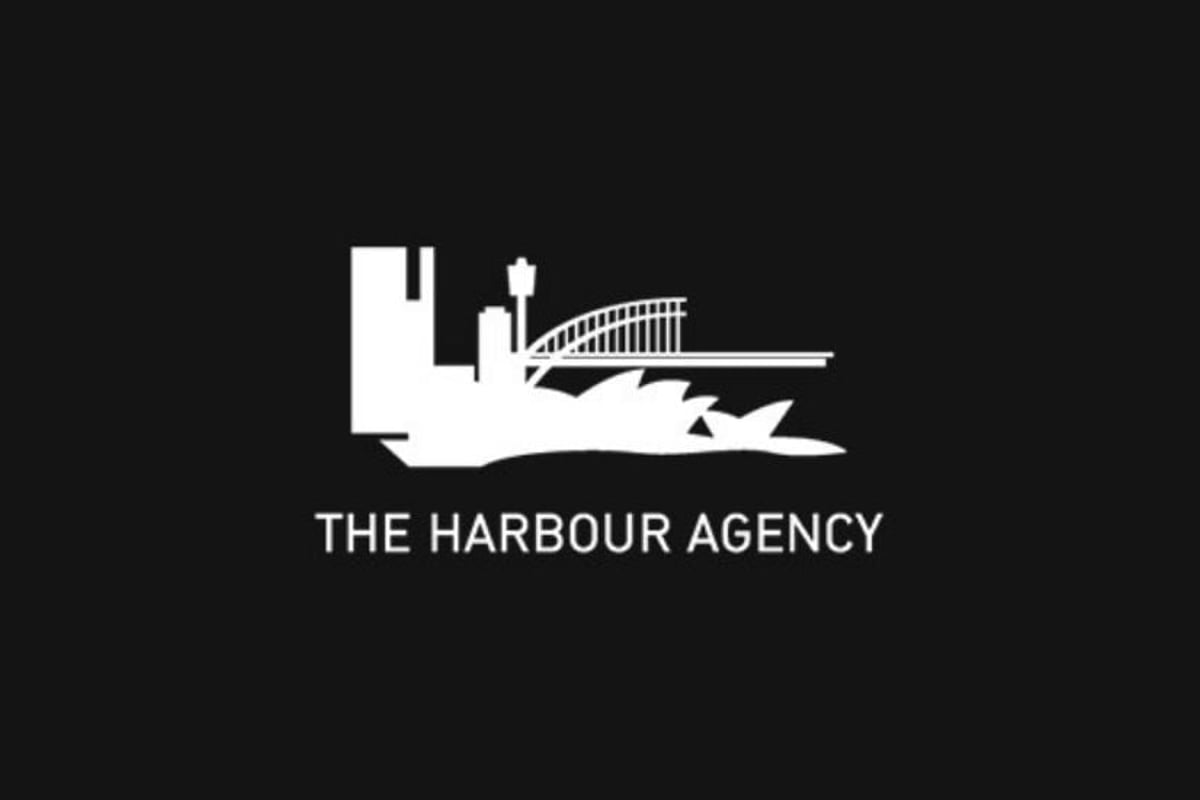Sam Righi remembers the glory days of Harbour Agency and its years-long ‘decline’

Mushroom Group’s split with The Harbour Agency is a bum note for a once-great business, though its golden years were admittedly long ago.
That’s the opinion of Sam Righi, the longtime former Managing Director of Harbour, who guided the booking agency from its earliest incarnation.
Established in 1978, Harbour went on to become one of the most powerful agencies in Australia, but was recently set adrift from its partner of several decades, Mushroom Group.
At the outset, Harbour operated with Righi at the reins, along with Mushroom Group partners Michael Gudinski, Michael Chugg, Frank Stivala and Philip Jacobsen.
“We built up a strong company, to be the main game in town. We structured the way acts, promoters, and venues worked,” Righi writes in a message to TIO.
“We stopped double commissions that were rampant across NSW, which when I first arrived in Sydney, it was everywhere. I received many threats of running me out of town weekly, car tyres slashed.”

Michael Gudinski
Business would boom. The agency could rake-in $1.5 million in gross weekly income, he recounts.
“We broke a lot of young acts in small venues, then put them onto major tours of major artists across Australia, we then put them onto large international tours,” he says, citing the example of Moving Pictures, who went from small clubs, onto an Australian Crawl tour then a support slot for Elton John’s tour of Australia, and scored a huge hit with ‘What About Me.’
“We helped a lot of new young acts and managers get record deals with major labels, and do co-management deals with other managers, even helped them get signed to international agencies.”
With Stivala heading up Premier Artists in Melbourne and Righi leading Harbour Agency in Sydney, he explains, “we coordinated all our acts nationally for touring, our national tours used to go for three months without over exposure, these days tours might go for three weeks nationally.
“We toured many international acts through the hotels and clubs, until they grew big enough for Frontier Touring Company to tour them in larger venues.”
Harbour’s good name went global, and the business would prove to be a training ground for many future industry heavyweights, including Brett Murrihy, Collen Ironside, Owen Orford, Tony Bonney, Tony Grace, Michael Harrison, Chris Molloy, Scott Leighton and others.
But the glory days wouldn’t last.
Righi left the business in 2003, and went on to establish Big Deal Promoting.
In the years that have passed, “no-one has picked or used the same template or improve it,” he says of Harbour.
“I’ve watched the decline off all the above with no strong direction or leadership, no more strong touring of acts in a circuit, many venues shut down and went to pokies and cover bands or nothing.”
The likes of Ironside (Live Nation Asia), Orford (Trading Post), Michael Harrison (AEG) and Brett Murrihy (William Morris) moved on.
“No new acts broken from live touring, great promoters like Harry Della gone, record sales slumped from no constant touring, audiences found other things to entertain themselves, no new people being trained or come up through the ranks,” he comments.
Harbour has been scrubbed from Mushroom Group’s website, and a company spokesperson says the Harbour Agency is “no longer part of the Mushroom Group of Companies.”
The separation, announced Tuesday, follows historical allegations into management behaviour and workplace culture at Harbour, which triggered an investigation.
According to Mushroom Group, the findings of the investigation emphasised the “lack of direct day to day visibility and influence we have over the running of the Harbour business.” As a result of that and other concerns, Mushroom has walked away.
“I’m very sorry to hear The Mushroom Group and The Harbour Agency have parted ways,” concludes Righi.
This article originally appeared on The Industry Observer, which is now part of The Music Network.






























